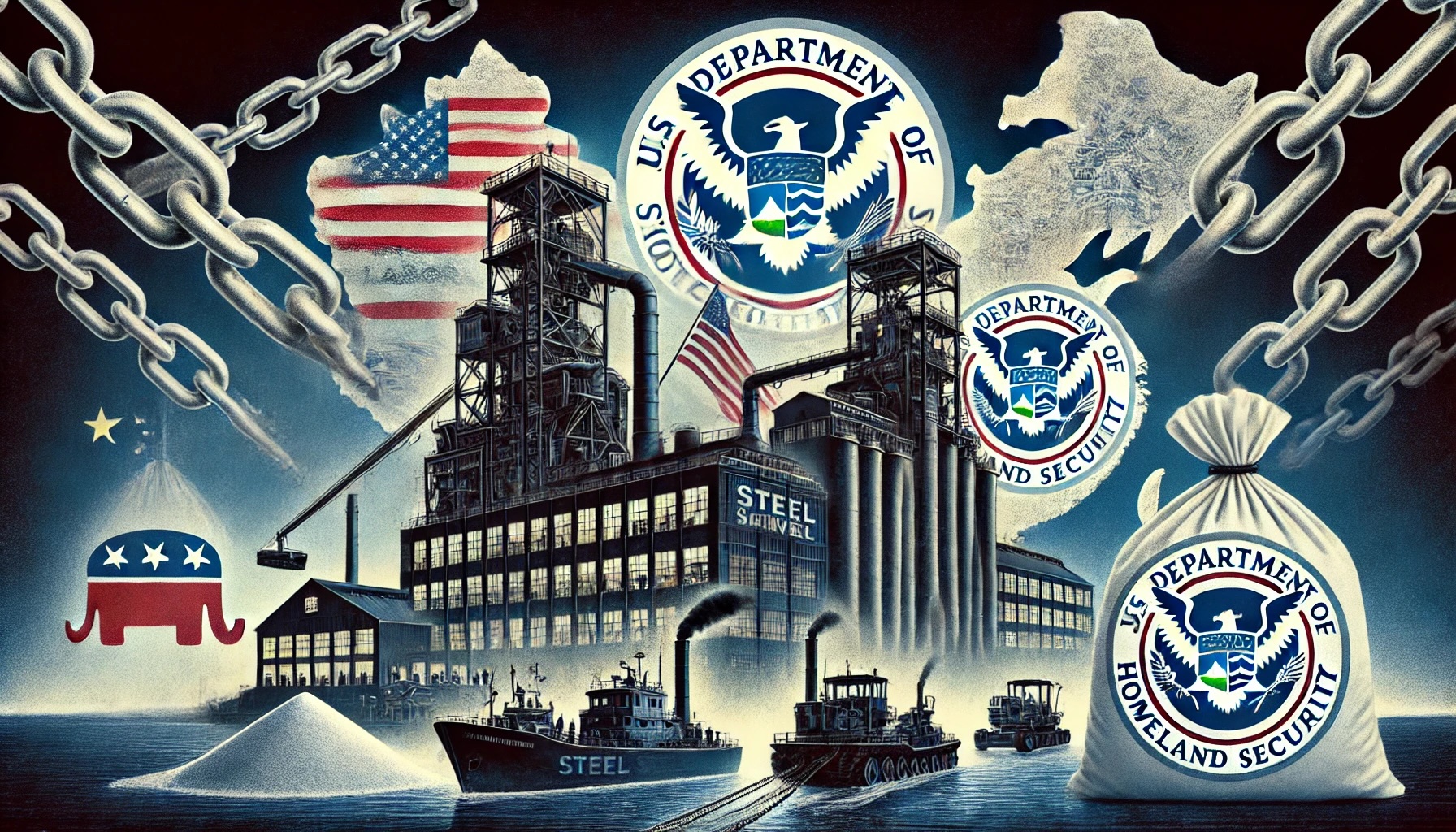US Expands Forced Labor Crackdown: Chinese Steel and Sweetener Companies Blacklisted for First Time

In a decisive move against forced labor, the United States has banned two Chinese companies, a steel manufacturer and a sweetener maker, from exporting to the US under the Uyghur Forced Labor Prevention Act (UFLPA). This action marks a significant escalation in US efforts to eliminate forced labor from supply chains and signals an expanded scrutiny beyond previously targeted industries.
The Department of Homeland Security (DHS) announced this week that Xinjiang Bayi Iron and Steel Co., Ltd., and Changzhou Guanghui Food Ingredients Co., Ltd. have been added to its list of banned entities, citing their links to forced labor practices in China’s Xinjiang region. This is the first time the US has blacklisted companies from the steel and sweetener sectors, highlighting a broadening focus on industries involved in alleged human rights abuses against Uyghurs and other Muslim minorities.
“This decision reflects our unwavering commitment to uphold human rights and root out forced labor in US supply chains,” said DHS Undersecretary for Policy Robert Silvers. “We will continue to identify and hold accountable those across industries who exploit forced labor.”
Xinjiang Bayi, a subsidiary of China’s largest steel producer, China Baowu Steel Group Corp., has been implicated in the coerced transfer and exploitation of ethnic minorities. Similarly, Changzhou Guanghui is accused of sourcing aspartame and other materials from forced labor in Xinjiang, a region under global scrutiny for alleged human rights violations.
The new bans add to a growing list of 75 Chinese firms restricted from exporting to the US under the UFLPA. Both the Biden and Trump administrations have labeled China’s actions in Xinjiang as “genocide,” citing reports of widespread abuses including forced labor, political indoctrination, and sterilizations. Beijing, however, denies the allegations, claiming its policies are anti-terrorism measures.
Senator James Risch and the Uyghur American Association have both praised the decision, underscoring the US's ongoing commitment to addressing labor abuses in global supply chains. This latest enforcement step suggests that businesses across various sectors may face heightened scrutiny as the US strengthens its stance on ethical labor practices globally.




![From Kathmandu to the World: How Excel Students Are Winning Big [Admission Open]](https://nepalaaja.com/index.php/img/70194/medium/excel-college-info-eng-nep-2342.jpg)
